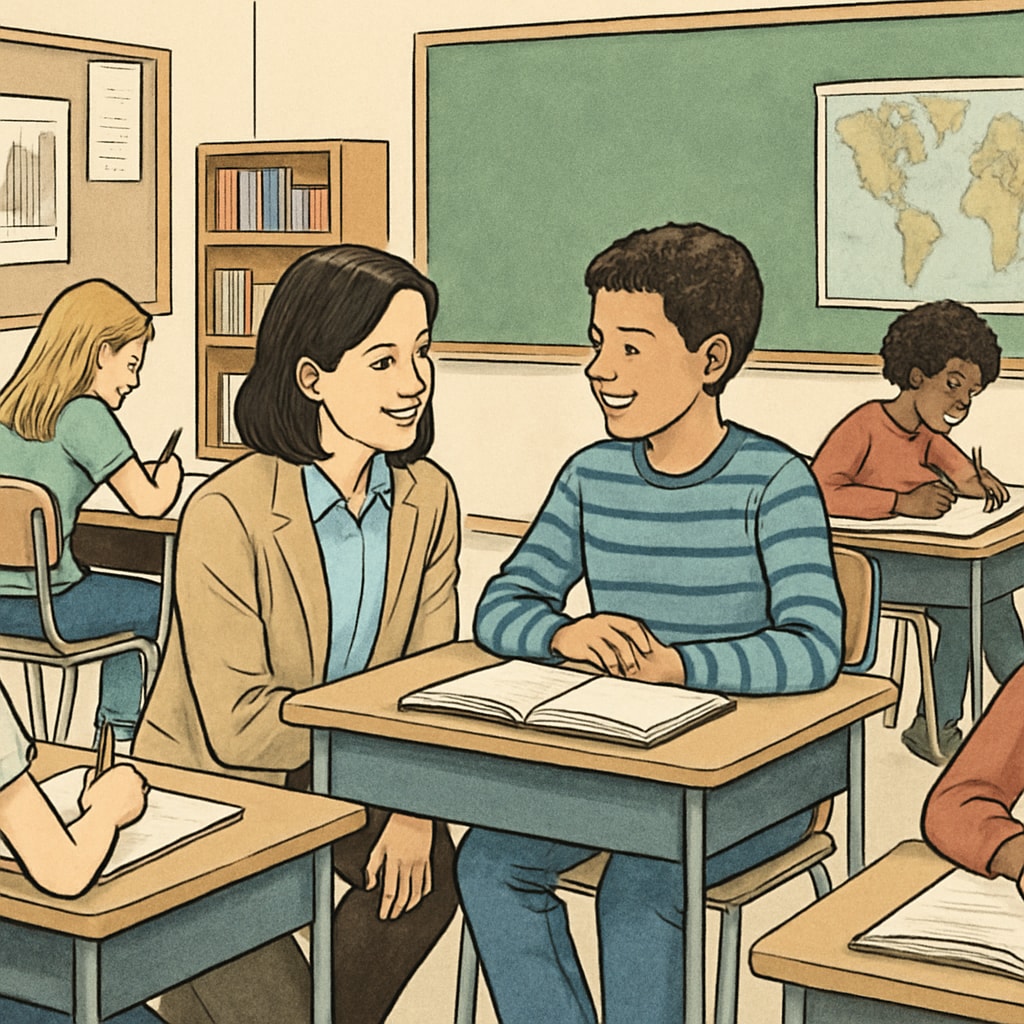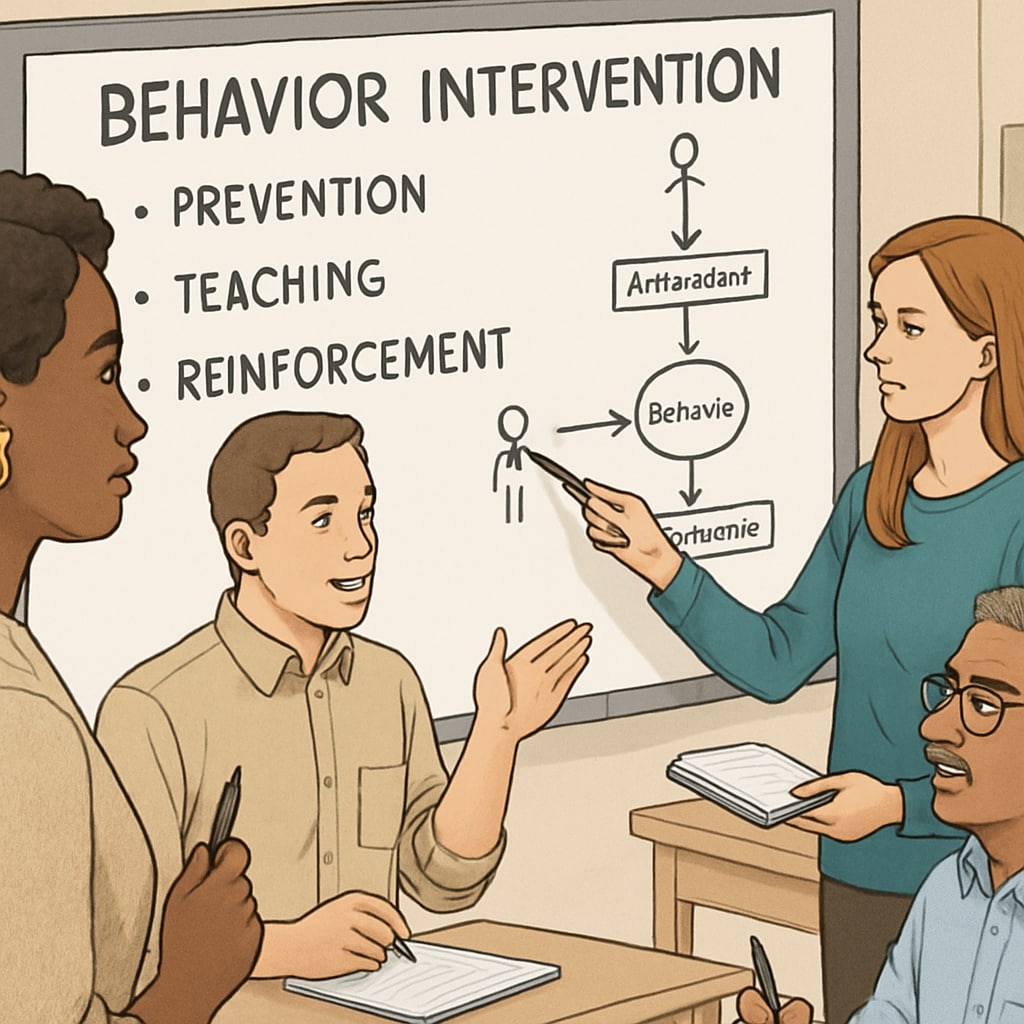Public schools, disruptive students, behavior correction, and parental responsibility represent critical challenges in modern education systems. Research shows that chronic classroom disruptions reduce learning outcomes by 25% for all students (Journal of School Psychology). The solution requires a multi-tiered approach that addresses immediate classroom needs while providing long-term support.
The Ripple Effects of Chronic Disruption
Persistent behavioral issues create three measurable impacts:
- Reduced instructional time (up to 30 minutes daily lost)
- Increased teacher stress and burnout
- Normalization of disruptive behaviors among peers

A Three-Phase Intervention Framework
Effective management requires structured escalation:
- Immediate response: Brief removal from class with documented incident reports
- Professional assessment: School psychologists identify root causes (learning disabilities, trauma, etc.)
- Family partnership: Mandatory parent conferences with behavior contracts
This approach mirrors successful programs in restorative justice models while maintaining academic rigor.

Measuring Success Beyond Suspension Rates
Effective programs track:
- Academic performance of previously disruptive students
- Classroom climate surveys
- Parent participation rates in behavior plans
Schools implementing this framework report 40% fewer repeat offenses within one academic year. The key lies in balancing discipline with developmentally appropriate support.


